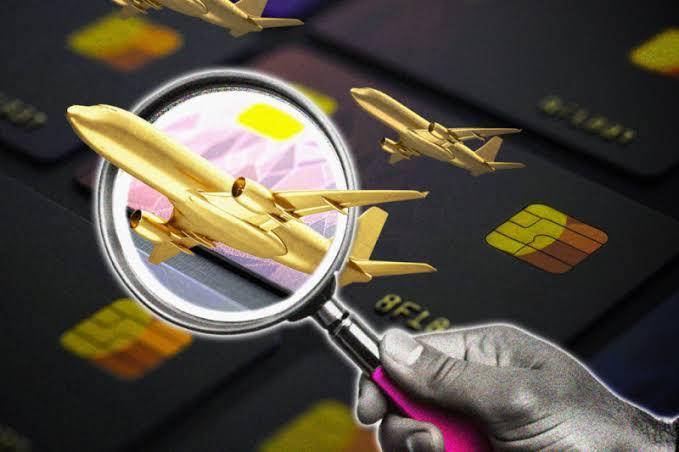CES 2026: How Emerging Technology is Shaping the Year Ahead
An expert breakdown of CES 2026, exploring how robotics, intelligent devices, and next‑gen computing are shaping technology and professional workflows in 2026.

U.S. regulators are investigating whether airlines’ use of AI-driven personalized pricing models results in unfair ticket pricing. The probe is led by Transportation Secretary Sean Duffy.
U.S. Launches Investigation into AI-Powered Airline Pricing Models
The U.S. Department of Transportation has opened a formal investigation into the growing use of AI-driven personalized pricing models by major airlines, raising concerns over whether the technology leads to unfair or discriminatory pricing for passengers.
The probe is being spearheaded by Transportation Secretary Sean Duffy, who stated that while innovation is welcome, it must not come at the cost of fairness, transparency, or consumer rights.
What Is Personalized AI Pricing?
Personalized pricing, sometimes called “dynamic pricing,” uses AI algorithms to analyze data such as:
Using this data, the system can predict how much you’re willing to pay—and adjust the ticket price accordingly. While airlines argue this helps optimize seat pricing, critics say it results in opaque, inconsistent, and discriminatory pricing practices.
Why Regulators Are Concerned
The investigation stems from mounting complaints and transparency issues. According to insiders, regulators are particularly focused on:
Duffy noted that “AI should not be used to turn airfare into a gamble.”
Airlines Under the Microscope
While no specific carriers have been officially named yet, the probe reportedly involves several major U.S. airlines, most of which have begun implementing machine learning models for revenue optimization in the last two years.
Some carriers have denied any wrongdoing, claiming AI helps provide better deals and more flexible pricing to consumers.
Public Reaction & Industry Debate
Consumer advocates have hailed the investigation as “long overdue,” while tech experts caution against stifling innovation with overregulation. The travel industry, meanwhile, is closely watching the outcome, which could set a precedent for how AI is regulated across all pricing models, not just in aviation.
What This Means for You
Until the investigation concludes, here’s what travelers can do:
Final Thoughts
The intersection of AI and consumer pricing is becoming a flashpoint for regulators worldwide. As AI plays an increasing role in shaping what we pay—from airfare to insurance—it’s crucial that transparency, fairness, and accountability are not left behind.
This investigation could be a watershed moment in how AI-powered pricing is governed—not just in air travel, but across the digital economy.
✈️ Do you think AI should decide how much you pay for a ticket? Drop your thoughts in the comments below. 👇
An expert breakdown of CES 2026, exploring how robotics, intelligent devices, and next‑gen computing are shaping technology and professional workflows in 2026.
Comprehensive guide to using AI tools for content creation, marketing automation, and audience engagement. Discover practical strategies for SEO optimization, social media management, and maintaining brand authenticity while scaling content production.
TIME Magazine has honored the AI Architects as its 2025 Person of the Year, acknowledging their groundbreaking work that pushed artificial intelligence to the center of global innovation.
